Daugavpils
You can tell quite a bit about a place by the number of national flags on display. One or two on public buildings here and there is a healthy genuflection to a moderate and comfortable patriotism. But groups of the same national flag every five paces, on every building and festooning the parks and boulevards – well, there’s something going on, isn’t there? You’re in a place where trouble is surely just around the corner, a place where the national authorities may not feel entirely secure. What sort of trouble? Well, one wouldn’t want to be over-dramatic, obvs, but in this particular case, world war three.
This is Daugavpils, in the far south-east corner of Latvia, only a well-directed gobbet of phlegm from the Belarus border and about 75 miles from the Russian frontier. It is a Russian town, by which I mean that its population is some 75 per cent Russian – or 48 per cent if you believe the official Latvian statistics, which nobody does.
In 2016 the BBC staged a mock world war three for the mass entertainment of its viewers and the whole shebang kicked off right here. In this fiction, the mayor of Daugavpils declared independence from Latvia and the state authorities sent in the police and troops to quell the local fervour for revolt, which had perhaps been exacerbated by Russian agents from across the border. Reacting to the perceived subjugation of the Russki majority in this town, Vladimir Putin sent in the troops as a supposedly protective and defensive gesture. Latvia is of course a member of Nato, and western troops were thus compelled to respond. Within a surprisingly short space of time the entire Baltic states – and shortly afterwards the rest of the world – were glowing like a Belisha beacon.
This scenario was played out six years before the Russian invasion of Ukraine, when the Russian minority in Latvia was rubbing along OK, if a bit resentfully, with its former subject people. But that invasion has changed the mood music a little. Three quarters of ethnic Latvians are supportive of Ukraine; the figure for ethnic Russians is 27 per cent. Most of the rest are with Putin.
The mayor the BBC perhaps had in mind could well be the current one, Andrejs Elksnins, who until recently was a member of the ‘Harmony Centre’ coalition, basically a Social Democrat alliance representing minority Russian interests in Latvia. Harmony gets a little touchy and equivocal when Latvians talk about the Russian ‘occupation’ of their country: they mince their words. Still, they have been fairly clear on the subject of the invasion of Ukraine – i.e., accepting that it was a bit naughty, all things considered. Elksnins, who is part-Russian and part-Latvian, has not gone along with this amenable approach. He has suggested, for example, that Crimea properly belongs to ‘the Russian Federation’ and has not denounced the invasion of Ukraine.
More recently, he has defied national government policy by dragging his feet over the demolition of Soviet-era statues in the town and even encouraged townsfolk to strew them with flowers. When construction workers came in to tear down the statues, they were met with threats and abuse from the general public. Elksnins has, further, improved ties with Belarus and attended an independence day celebration put on by the Lukashenko regime in Minsk. For this he was hammered by the Latvian state security agency, which said: ‘Such an action contradicts the condemnatory stance of the Latvian state against the crimes committed by Russia against Ukraine and its people, and also does not contribute to the unity of Latvian society in these difficult circumstances.’
All of this went too far even for the Russo-philic Harmony party and there were demands that Elksnins be kicked out. They needn’t have bothered – the mayor left the party of his own accord in January. He was entirely unrepentant about his jaunt to Minsk.
None of this quite adds up to a third world war, of course. But there is a glowering resentment in Latvia’s second city, where all the shops these days are compelled to announce their wares firstly in the Latin alphabet and all the graffiti is in Cyrillic script. The de-Russification of Latvia began very shortly after the country had acquired independence from the USSR on 21 August 1991 and has meant the restoration of Latvian as the primary language in the country, even – perhaps especially – in those parts of the country, such as Daugavpils, where very few people speak it. Successive governments have also erected large monuments commemorating the victims of various Soviet atrocities – again, especially in towns with a large Russian population. There is a large monument in Daugavpils dedicated to the Latvian patriots who were murdered or deported in 1944 when the Red Army retook the country (Latvia having fought, with some enthusiasm, on the side of the Nazis). Many in the town feel that their noses are being rubbed in it, so to speak.
For the ethnic Latvians, it all seems a very small price to pay in moral reparation for those years of occupation and the concomitant subjugation of their language and their people. In Riga’s Museum of Occupation, the charming young guide dismissed the recalcitrance of the Russians, saying: ‘They have been in our country for 30, 40 years… and they can’t be bothered to learn our language?’ He also described Latvia’s admission into Nato in 2004 as the greatest day in Latvian history. Feelings are strongly held – on both sides – and the invasion of Ukraine has added a certain piquancy to them.
It is hard to imagine this dull, frowsy town being the centre of anything, frankly, let alone as a catalyst for the war to end civilisation. But it is worth keeping an eye upon Daugavpils and its somewhat feisty mayor. Just in case things get even nastier than they are right now.
Got something to add? Join the discussion and comment below.
Get 10 issues for just $10
Subscribe to The Spectator Australia today for the next 10 magazine issues, plus full online access, for just $10.
You might disagree with half of it, but you’ll enjoy reading all of it. Try your first month for free, then just $2 a week for the remainder of your first year.


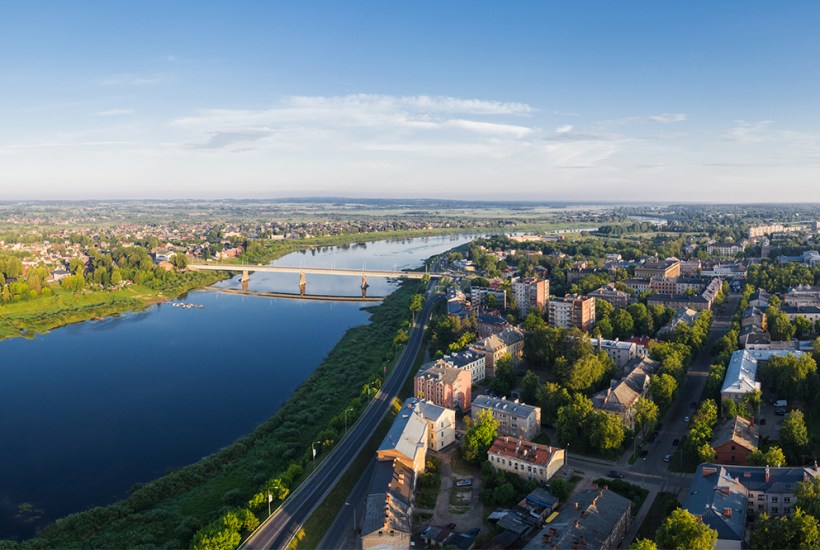
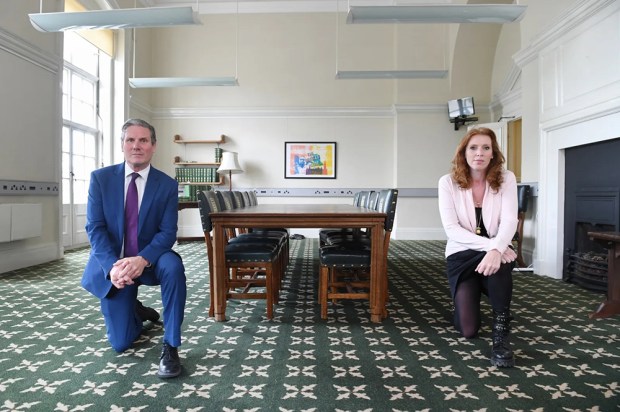
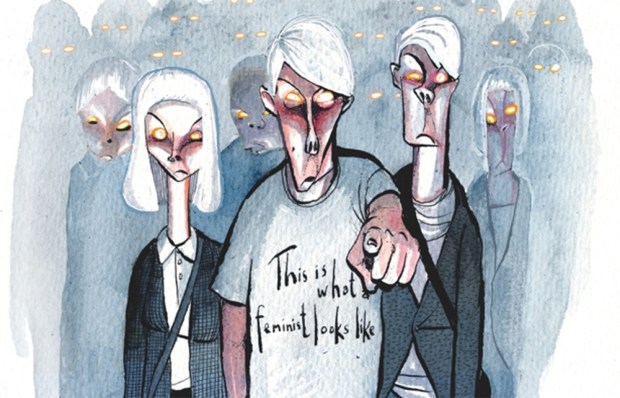
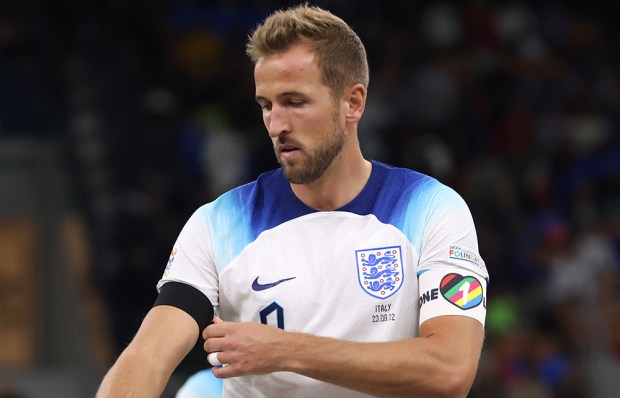
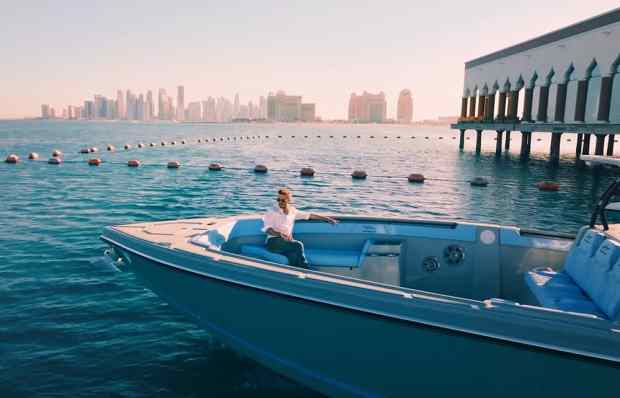
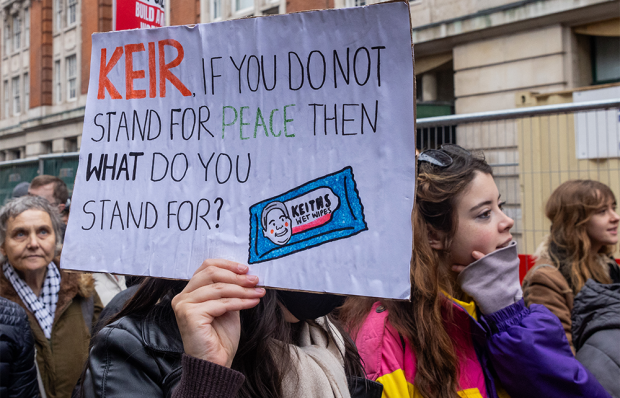







Comments
Don't miss out
Join the conversation with other Spectator Australia readers. Subscribe to leave a comment.
SUBSCRIBEAlready a subscriber? Log in